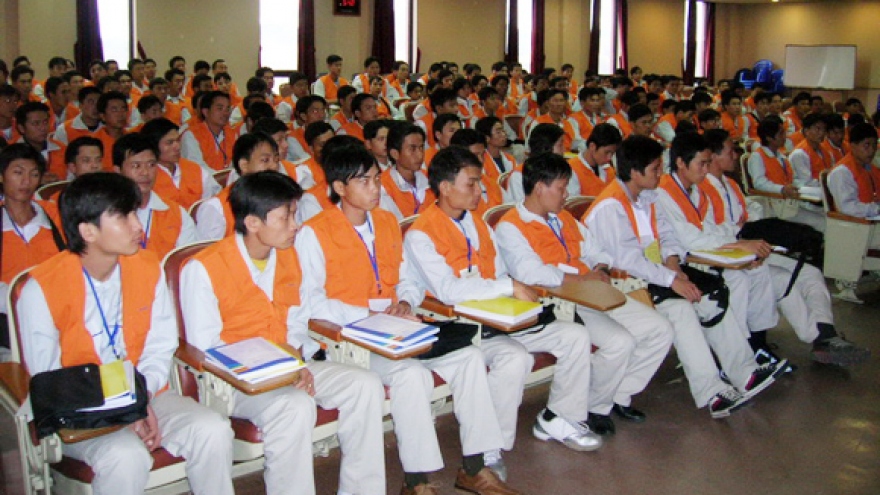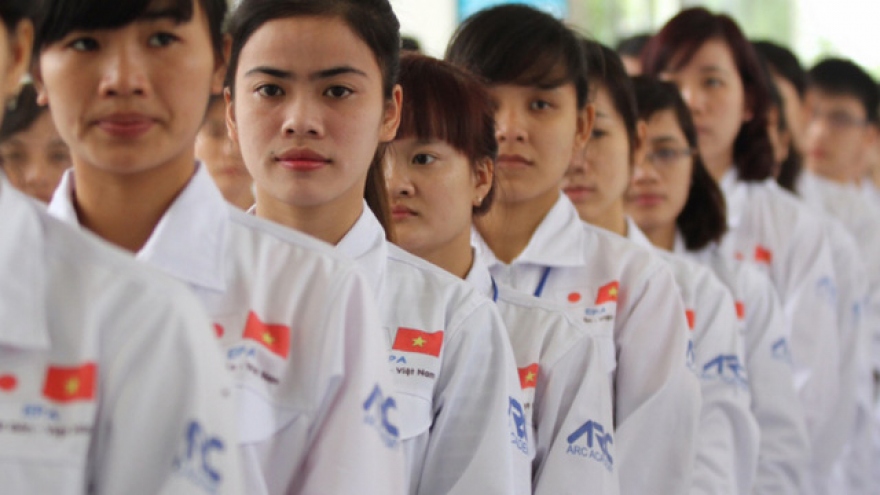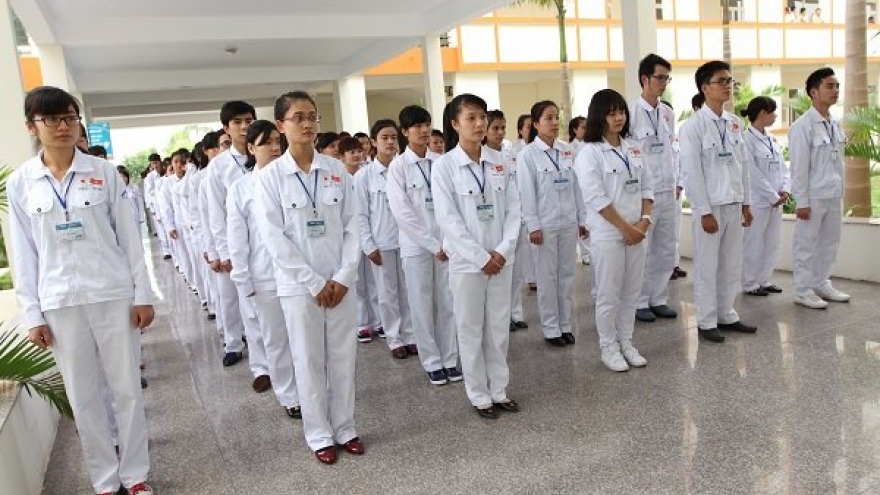More doors open for Vietnamese migrant workers
VOV.VN - The Taiwan National Immigration Agency reports there are 179,016 Vietnamese men and women legally residing and working in the small island nation off the coast of China as of March 27, 2017.
 |
Last year represented the third consecutive year in a row that the number of legal Vietnamese migrant workers to Taiwan exceeded the 100,000 figure, said Pham Viet Huong, of the Ministry of Labour - Invalids and Social Affairs (Molisa).
Other favourable news in the Taiwan market include the passage of a law late last year that alleviates the need for Vietnamese workers of having to exit the country every three years for at least one day in order to be eligible to renew their work contracts.
The law was determined by the Taiwan government as discriminatory against all foreign workers and did little but generate increased fees for labour broker agencies, which had run as high as US$4,935 for each triennial renewal.
The Taiwan National Immigration Agency also reported that progress has been made on the problem of foreign immigrant workers overstaying their visas with the current rate of absconding calculated at 4%, down from prior years.
Mr. Huong who is the deputy director of Molisa’s Department of Overseas Labour Management, predicted continued growth in the Taiwan market for 2017 as well as other markets such as the Republic of Korea.
Last May, Molisa and the ROK Ministry of Employment and Labour signed a Memorandum of Understand to resume the hiring of Vietnamese migrant workers under the Employment Permit System.
The reboot came after nearly four years of suspension. In 2016, about 8,482 Vietnamese workers found employment in the ROK under the newly instituted program.
In addition to the ROK, Japan is considered another market for which the prospects are favourable for more openings for migrant workers in 2017.
Many training and internship opportunities are now open to Vietnamese in a variety of fields in Japan, said Mr. Huong, everything from construction, agriculture and food processing to clothing and textiles.
Since 2008 Japan has sought to hire increased numbers of health-care workers from other countries, primarily Vietnam, the Philippines and Indonesia.
However, while Vietnamese workers have been permitted initial entry, the Japanese-language examination required for final certification to practice has proven too difficult for most and as a consequence they failed to secure employment.
The Japanese government has also been seeking recruitment of high-skilled immigrants from markets like Vietnam. A new Highly Skilled Foreign Professional (HSFP) visa was launched in 2012, aiming to recruit scientists, researchers, engineers, and businesspeople.
The HSFP visa introduces a point-based calculation of eligibility, borrowing from earlier Australian and Canadian schemes, and provides many new benefits including the ability for visa holders to bring their parents or spouse to reside with them, along with a foreign domestic helper (typically a maid or nanny).
The HSFP visa represents a significant opportunity for Vietnamese, both with the introduction of a points-based assessment and the provision of new benefits, said Mr. Huong.
Today Japan is offering a wider variety of options for Vietnamese and other Asian nationalities with good Japanese language skills to work in the country on a short and long term basis.




